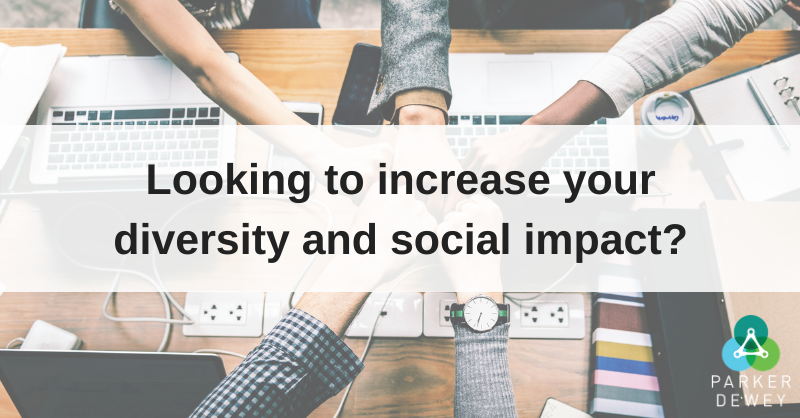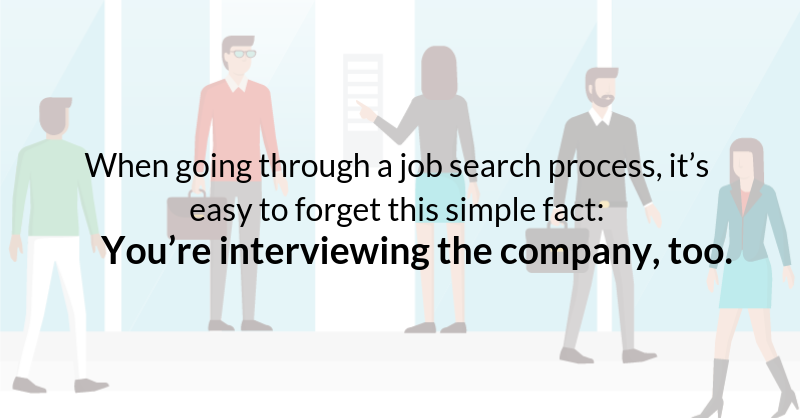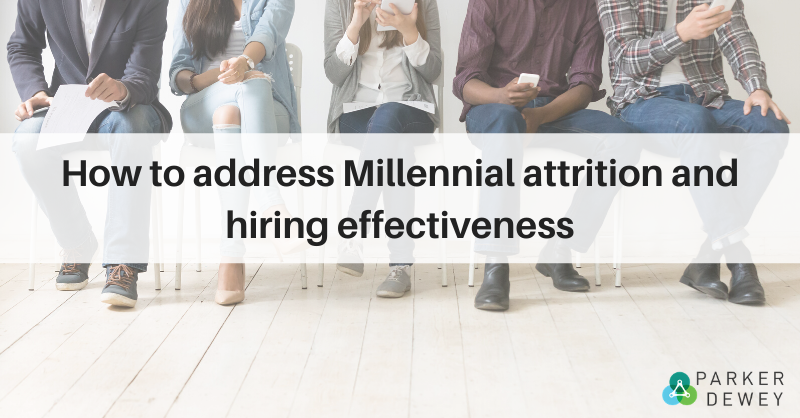
How Career Launchers can help you reach your diversity and social impact goals this year
Today’s most successful business leaders aren’t just focused on profit; they’re also focused on making an impact. But social impact is more than just a buzzword: it plays a crucial role in your company’s competitiveness and growth, and authenticity is critical.
What are your company’s social impact goals? Depending on your organization’s mission and focus, and could be include items like these, among others:
- Start or support a foundation to support your community or a cause that’s aligned with your business
- Foster a diverse, inclusive work environment
- Reduce your carbon footprint
- Donate a portion of revenue to a charity
- Create a work environment where people can make an impact and a good living
However, even if you’re addressing all these social impact goals, there’s likely one area you’re leaving untapped: creating opportunities for Career Launchers of all backgrounds. Even if you are working to improve the diversity of your organization, many organizations are just focused on surveys and training. While these are important, they often turn into “check the box” efforts as opposed to ingraining diversity in a company’s culture.
It’s no secret that college students and recent graduates are struggling to kick off their professional lives, but have you really considered the role you can play a role in helping them get their start?
With Parker Dewey, making a social impact for Career Launchers is easy (and you’ll even improve the performance of your company).
Millennials are struggling to launch their careers
The unemployment rate amongst Millennials is 12.8%, well more than double today’s national average of 4.9%, and about 5% higher than the unemployment rate amongst people aged 20 to 24 in 1999. This, combined with devastatingly high student loan debt, impacts Millennials’ ability to gain independence. Today, far too many recent graduates are moving back in with their parents and finding themselves unable to leave, get their own health insurance, buy their own cars, and more––and they aren’t confident it’s going to get any better. In fact, 80% of workers under the age of 30 believe that they’ll be financially worse off than their parents were before them.
Millennials are also more likely to freelance than any other generation, but in most cases, this isn’t because they don’t want “normal” careers. They’re simply struggling to find full-time positions that are the right fit. And while internships are meant to provide learning opportunities for college students and recent graduates, they alone aren’t doing enough to help Career Launchers get their foot into the door at companies where they could build a future. There are not enough of these opportunities, and companies tend to look only at candidates with the “right” academic pedigree or network.
Unfortunately, these problems are even more significant among Career Launchers of color. As of 2013, 12.4% of black college graduates between the ages of 22 and 27 were unemployed, while the average unemployment rate of all graduates in the same age range was just 5.6%.
But if we give Millennials more opportunities to connect with and try working with companies they’re interested in, job prospects for Millennials of all backgrounds will drastically improve.
Why creating opportunities for Career Launchers matters
Millennials are the future of your company. They’re your leaders of tomorrow, and have the potential to be your top performers today. Several studies have shown that this group of employees is more passionate about meaningful work than the size of their paycheck, and giving them more opportunities to find what they care about will benefit both your company and the workforce as a whole.
All Millennials deserve the chance to explore different types of jobs and build relationships with companies like yours, but it’s particularly important to ensure you’re providing opportunities for career launchers from underrepresented groups and diverse backgrounds. Traditional internship programs and entry-level hiring streams often favor students and graduates from backgrounds similar to existing employees, so if you’re truly committed to making true diversity––not only ethnic background but education, location, religion, and sexual orientation––a priority, you should seek new talent sources to reach a more diverse group of students and recent grads.
Not only is the the right thing to do, but the benefits go well beyond on the positive social impact. McKinsey data shows that gender-diverse companies outperform others by 15% and ethnically diverse-teams outperform by 35%, likely because diversity unlocks innovation by welcoming new ideas.
How to build a social impact initiative with Parker Dewey
Parker Dewey helps Career Launchers of all backgrounds connect with companies like yours, gain meaningful experience and get their professional life off to the right start.
Through project-based assignments, your company can not only get more work done and take projects off busy employees’ plates, but you can build a pipeline of entry- and junior-level talent for any full-time positions that may open up, and have confidence that fit is there for you and them before making the hiring decision. You certainly don’t have to hire every career launcher you engage through Parker Dewey, but if you do decide someone is the right fit for your team, you’ll never have to pay an additional fee.
It only takes five minutes to post a project and start making an impact.
In addition, as a mission-driven organization, Parker Dewey provides feedback to colleges and universities on the performance of their students on these assignments. Not only does this provide real-time insights that can help individuals, but it also ensures that the schools are best preparing students for careers and ensuring their academic programs are aligned to yours and other real-world needs.
Social responsibility and social impact aren’t just fads. Your company has the ability to make a real difference in the world. You can start by helping students and graduates find better jobs, and in the meantime, you’ll improve your company’s entry- and junior-level recruiting approach, diversity, and overall impact. It’s truly a win-win.




